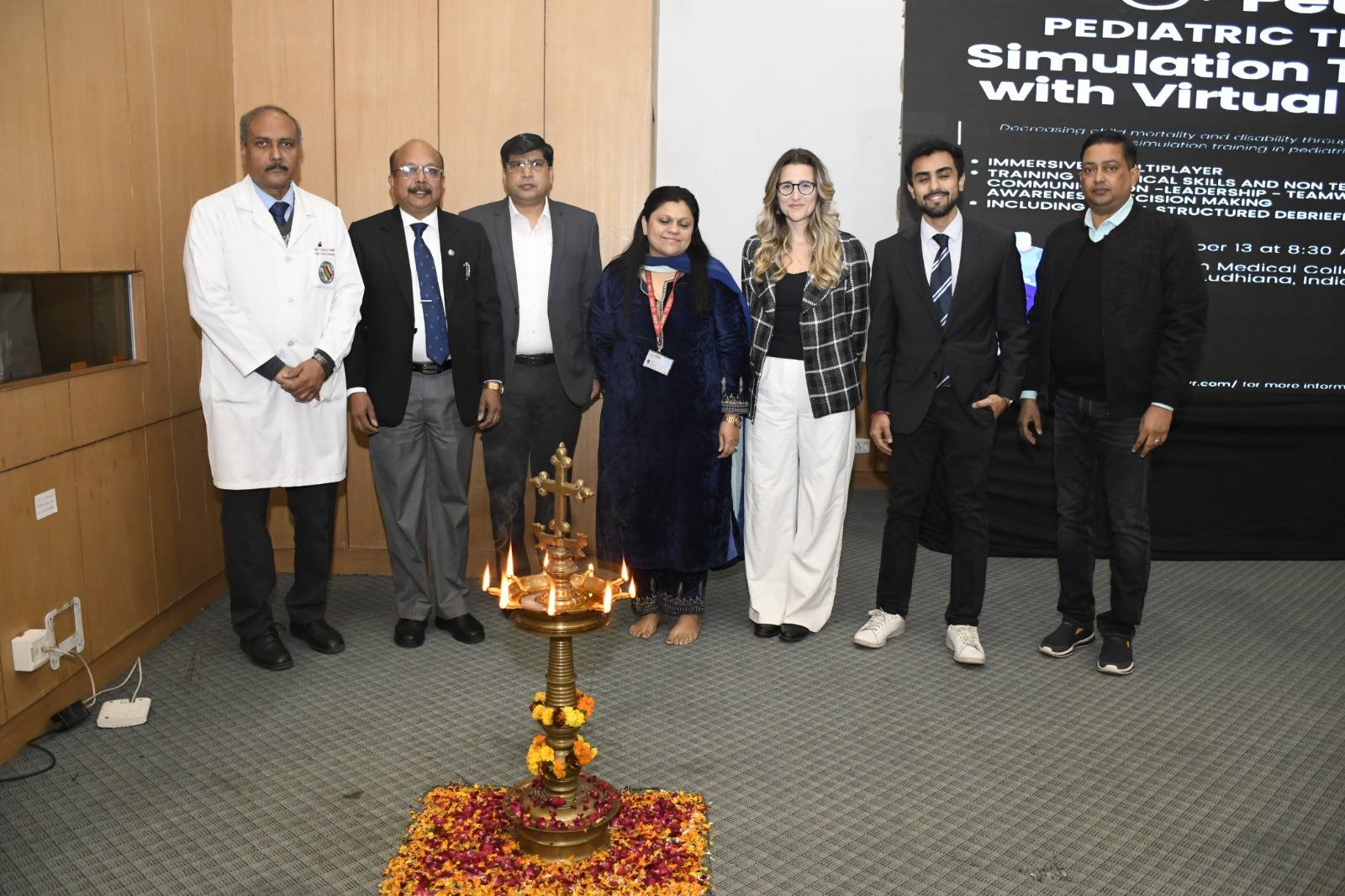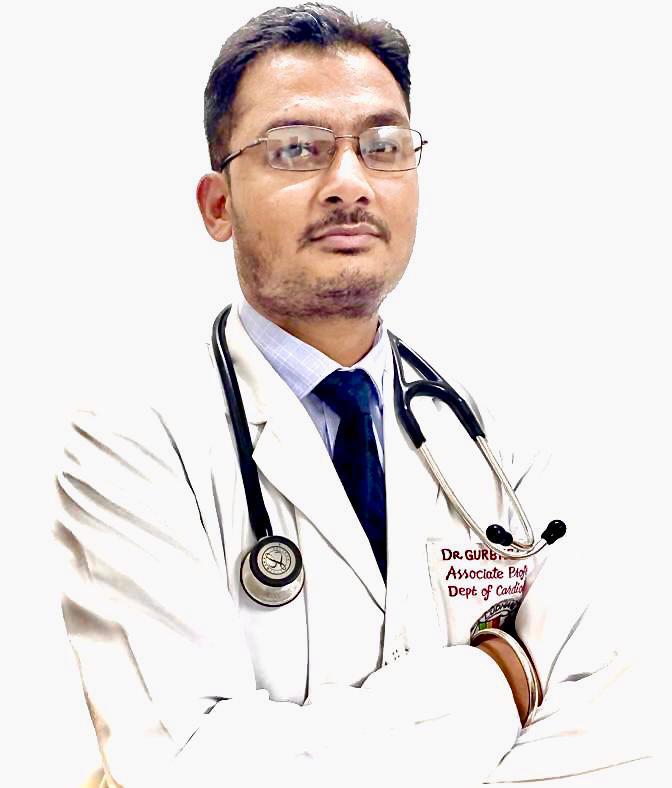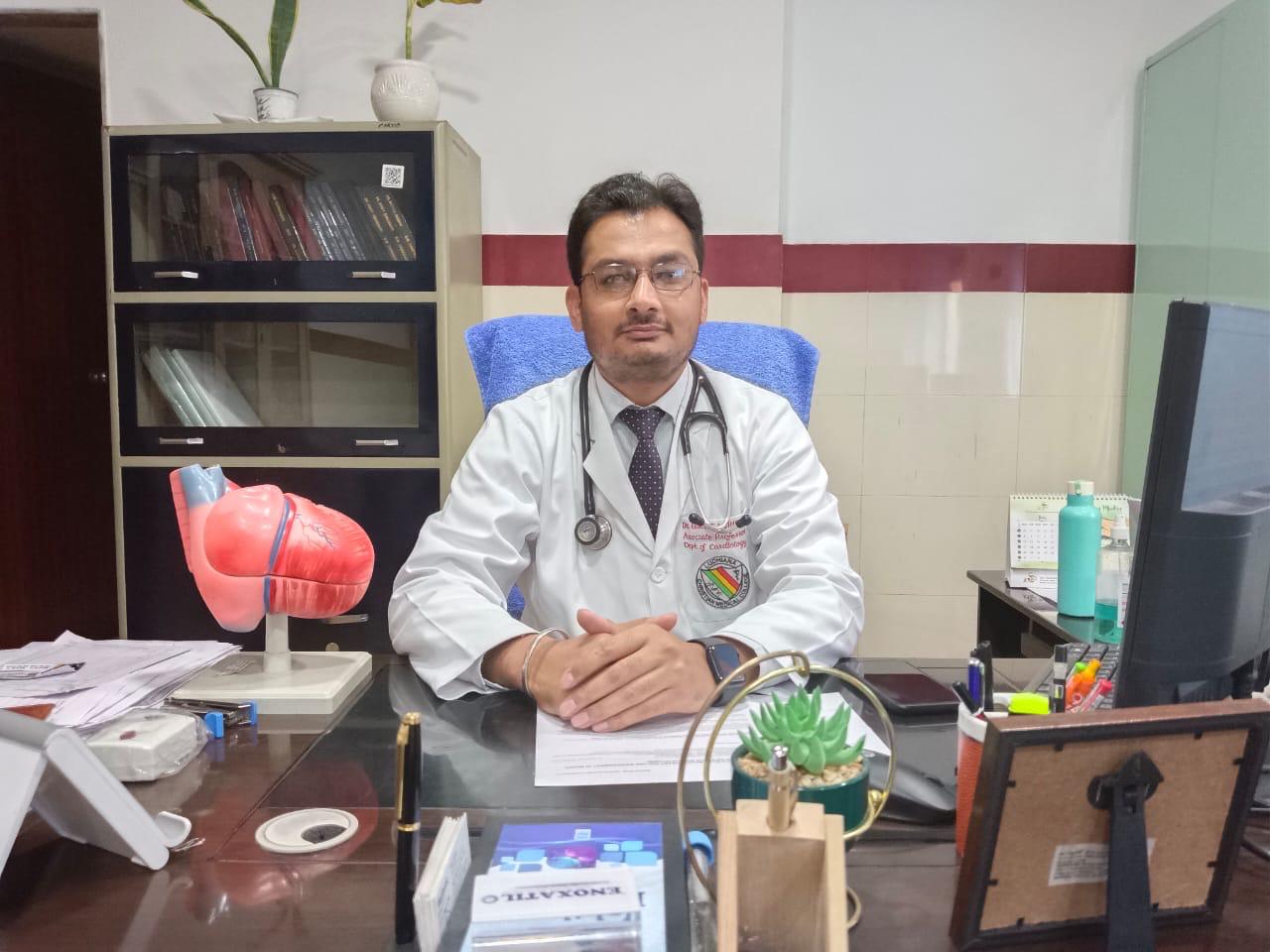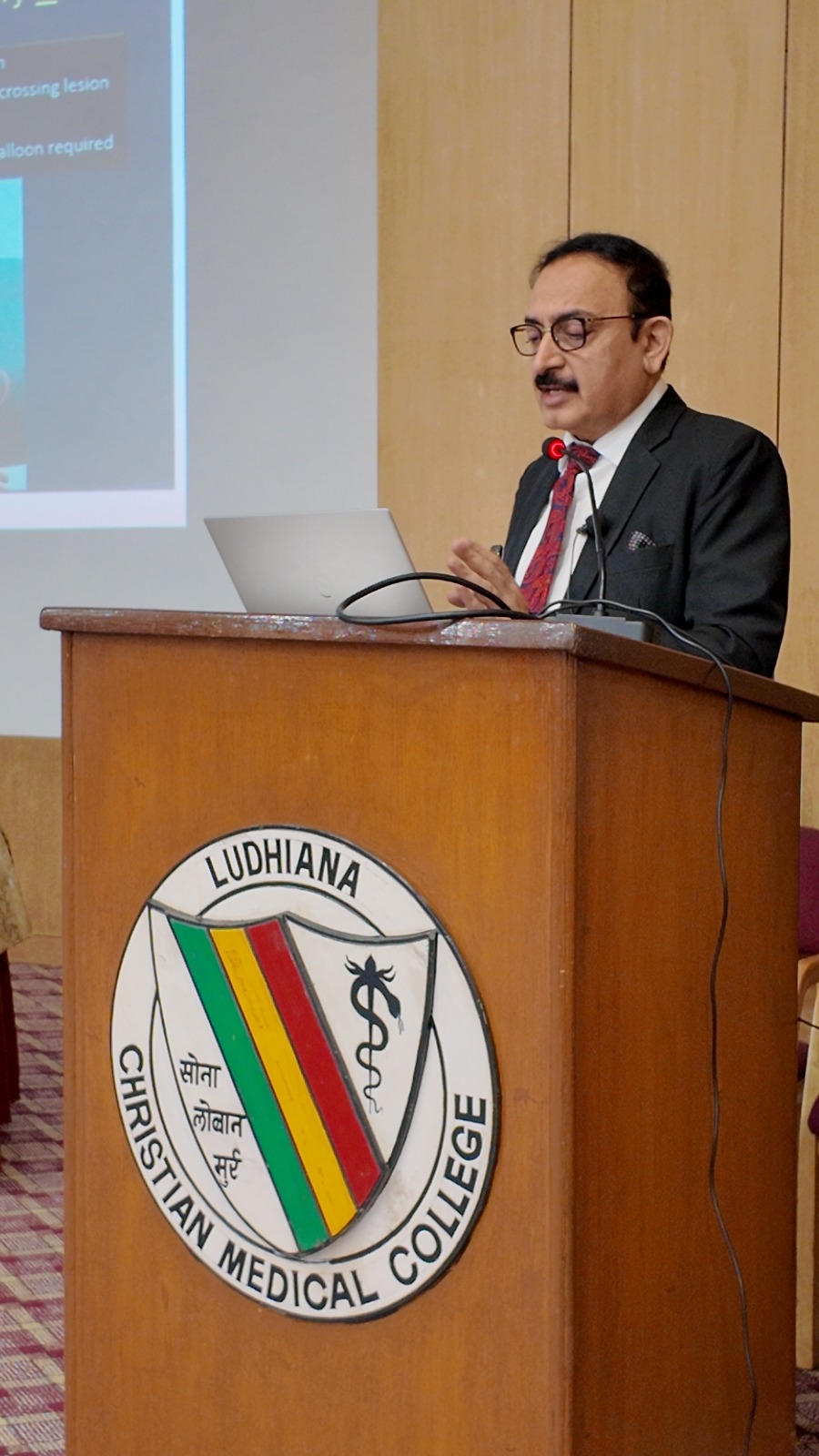Punjabi Headline (H S KITTY )CMC Ludhiana Introduces India’s First VR Pediatric Trauma Simulation in Collaboration with McGill University
Ludhiana, December 13, 2024: Christian Medical College (CMC), Ludhiana, in partnership with the McGill University Health Centre, conducted India’s first immersive virtual reality (VR) pediatric trauma simulation course. Led by pediatric surgeons Dr. William Bhatti, Dr. Dhruv Ghosh and their excellent team of pediatric and global surgery specialists, this initiative aims to improve life-saving skills for children’s emergencies across the country.
Mr Saurabh Swami, Regional P.F. Commissioner – Grade I, EPFO, Ministry of Labour & Employment, Government of India was the Chief Guest for the occasion. He appreciated the efforts of the CMC Ludhiana team for making continuous efforts for improving lifesaving skills of the paediatric surgeons.
A key feature of the launch was a presentation by Dr. Gunjan Kumar, a scientist from the Indian Council of Medical Research (ICMR), who shared fresh Global Burden of Disease (GBD) data on pediatric accidents in India. Her findings revealed that children under five face disproportionately high injury and mortality rates from road accidents and falls, highlighting the urgent need for specialized pediatric training.


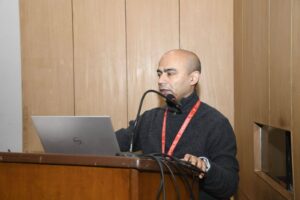
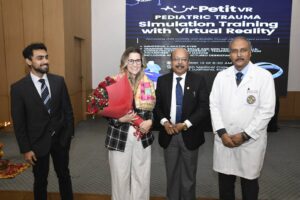
Dr. Fabio Botelho, a pediatric surgeon from Brazil demonstrated the rapid deterioration possible in pediatric cases, noting the importance of situational awareness, communication, and leadership skills and how it can be developed through low-stress simulation training. “Children are not mini adults” added Dr. Dan Poenaru of the Montreal Children’s Hospital. “India is the first to adopt this specialized VR based course, and it holds the potential to revolutionize how pediatric trauma is taught and managed worldwide.”
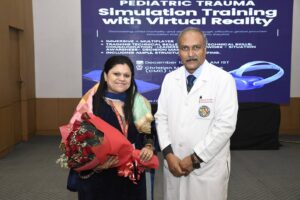

Dr. Poenaru, alongside Dr. Shreenik Kundu and Dr. Ayla Gerk, Jean-Martin Global Pediatric Surgery Fellows from the McGill University Health Centre, guided CMC’s medical teams through interactive simulations that combined VR with manikin-based scenarios, including road traffic accidents and major bleeds. After each session, trainees received real-time analytics and feedback that helped refine both technical interventions and communication approaches.
“Better training can lead to decisive, faster actions and can save countless lives,” said Dr. Gerk. He also highlighted the broader potential of VR technology, explaining that a single setup could train frontline providers in smaller towns and rural regions at any time, thereby reducing preventable pediatric deaths.
With CMC Ludhiana pioneering this VR training method, experts hope other institutions will soon follow. By merging technology with global expertise, the program could transform pediatric trauma care in India, one virtual scenario at a time.

